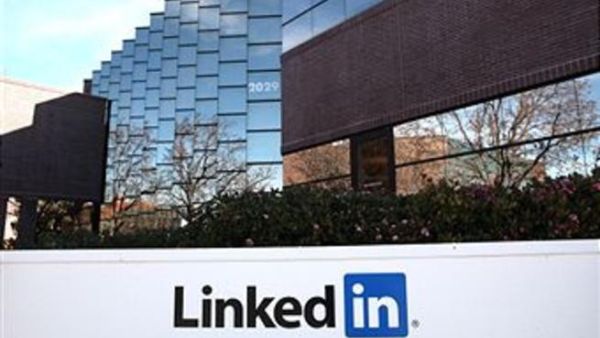Rabea Ataya, the chief executive at Bayt, said the new developments were not designed to mimic the success of professional social networking website LinkedIn, but rather to combat what he said was the global giant's incursion into Bayt's domain. Bayt.com, one of the largest online recruiters in the region, is going head-to-head with the global social media giant LinkedIn.
The company has revamped its website to enable jobseekers to make a public profile, containing their CV and relevant personal information, and users can invite other jobseekers into their network. Bayt is also launching an iPhone app to keep users up to date. Profiles will also be able to be linked with Facebook and Twitter.
Mr. Ataya said the professional networking site listed in the US was beginning to enter more and more into the local jobs market. "Increasingly, [LinkedIn] business mirrors ours," he said. "Bayt was always a search medium, to search for talent, which is what LinkedIn is increasingly becoming."
The new website will enable jobseekers to see if the companies their friends on Facebook work for have job openings. Users can also join groups that share a career speciality and can build their credibility for employers by networking with other people in the group, who can recommend them. "We wanted people to connect around useful things and wanted to add value," said Mr Ataya.
Currently, employers registered on Bayt.com pay a subscription to search for jobseekers, with more than 30 filtering criteria to narrow down the hunt. Mr Ataya said employers would not be able to use the free social networking element to find staff, because the search criteria for networking was just limited to a person's name. "We have not killed our revenue stream," he said. "We wanted to leverage the power of scale without killing the business model."
More than 7.25 million jobseekers and more than 40,000 regional employers are registered on Bayt, with an excess of 11,000 job postings advertised on an average day. It currently has 7,000 people per day uploading their CVs to the website. As an incentive to employers to use the website, Bayt is also proposing a system where it will reward companies the more they use it.
The system is at odds with the traditional recruitment model, where companies are charged by recruiters to place staff. The higher the usage by employers on the site, the greater the discount on a subscription. Alternatively, the discount earned can be donated to charity. "The single biggest priority in the region is jobs," said Mr Ataya. "We have to offer jobs but we are opening up the system to allow more engagement."








